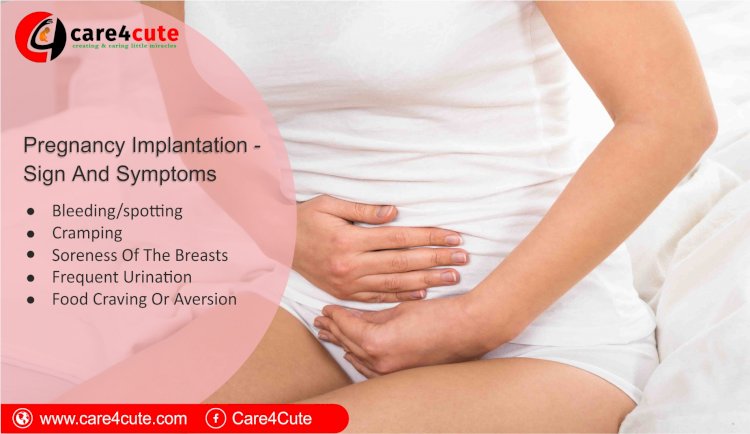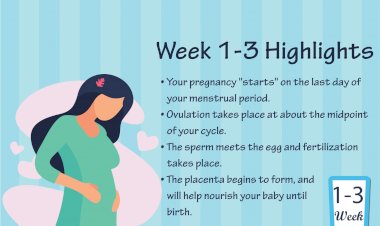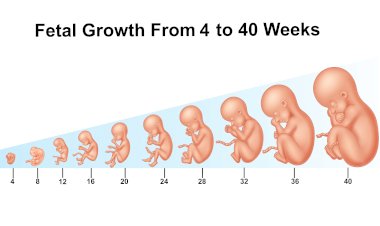What is Implantation Bleeding – Stages & Symptoms
If you see light bleeding, small pink or brown spots, in your underwear and you think you might be pregnant, it could be implantation bleeding.

What Is Implantation Bleeding?
This is a type of light bleeding (spotting) which is an indicator of the egg attaching itself to the uterus. It is estimated that 33% of pregnant women experience this. It is not a medical emergency and is a completely natural phenomenon.
It makes its presence known in the form of a brown or pink hue. Unlike your period, it doesn’t last for long and doesn’t have any agonizing pain attached to it. In fact, it’s so subtle that you may not even realize its significance
Stages of Implantation Bleeding
After the egg is fertilized by a sperm, cell division occurs until the fertilized egg becomes a blastocyst, after roughly five days. The blastocyst then travels for about a day towards the uterus where the following stages of implantation take place:
1. Adplantation
When the embryo is about a week old, it attaches itself to the walls of the uterus.
2. Adhesion
The embryo begins to penetrate the walls of the uterus so that it can securely fasten itself.
3. Invasion
In this last phase, the embryo begins to embed itself into the uterine wall.
Pregnancy Implantation – Signs and Symptoms
Here are some of the symptoms associated with pregnancy implantation.
1. Bleeding/Spotting
Implantation spotting is the most reliable indicator that implantation has taken place. Light and tiny bleeding without regular period cramps is a sign of implantation. However, spots may also be a result of sexual intercourse due to increased sensitivity of the cervix.
2. Cramping
The process that takes place within your body leads to implantation cramping. However, this pain can be differentiated from menstrual cramping as its intensity is lesser. One aspect to be noted is that cramping isn’t the result of the physical embedding as it is too tiny to make such an impact. The mild cramping is a result of the hormonal changes that take place within the body after implantation.
3. Soreness of the Breasts
After implantation bleeding, hormones begin to send chemical messages to the body to prepare itself for pregnancy. In response, the breasts start becoming tender and swollen. You may experience some soreness because of this.
4. Frequent Urination
The implantation leads to a flurry of activities taking place within the body, one of which is an increase of blood flow to the pelvis. This puts stress on the bladder making you feel the need to urinate often. However, this is associated with menstrual cycles as well and is not a guarantee for implantation.
5. Food Craving or Aversion
The surge in hormones could make you crave a specific food item that you don’t usually eat. Alternatively, you might feel an intense aversion to food items that you eat on a regular basis.
6. Hot Flashes
This can happen due to the dynamic change in hormones that takes place during implantation.
7. Cervical Mucus
There will be a marked increase in your mucus flow due to an increase in hormones that will stimulate the cervix.






































Comments (0)